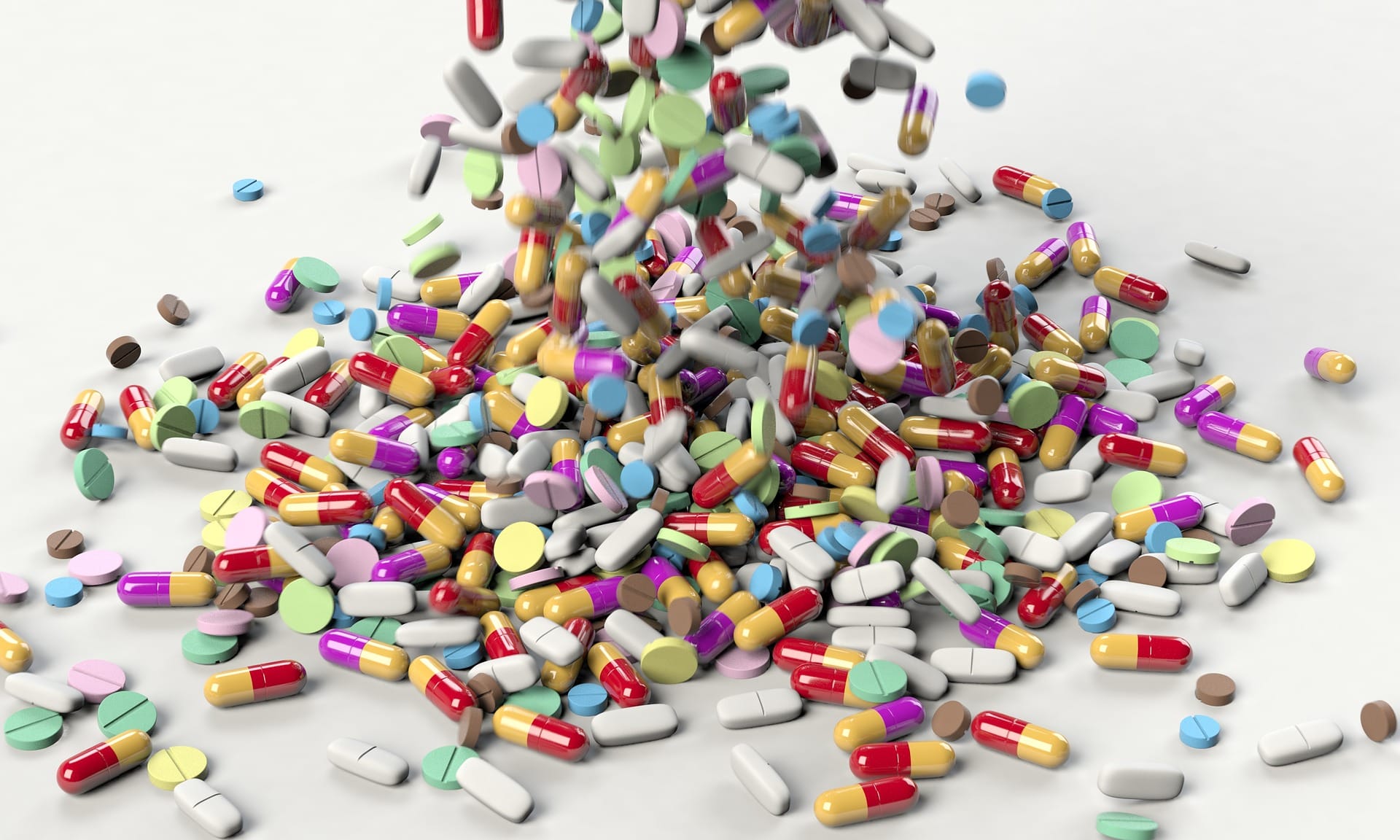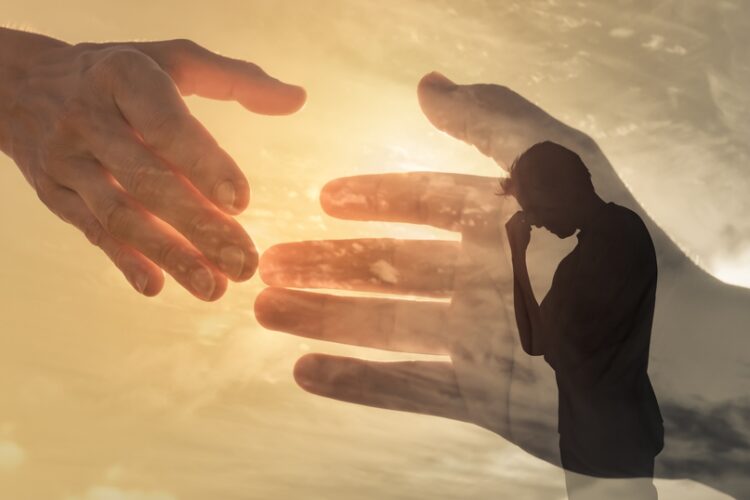
Mood disorders: depression and bipolar
Everyone feels a little low at times; maybe we don’t feel like socialising, find it difficult to get motivated, and just want to stay at home and duvet dive. Particularly if we’ve experienced an emotional or physical upset; and especially at this time of year when most of the Northern Hemisphere is experiencing winter. Cold, dark mornings, shorter days and lower (in some places freezing) temperatures, are all (together or separately) grounds for wanting to stay home in the warm, binging on Netflix.
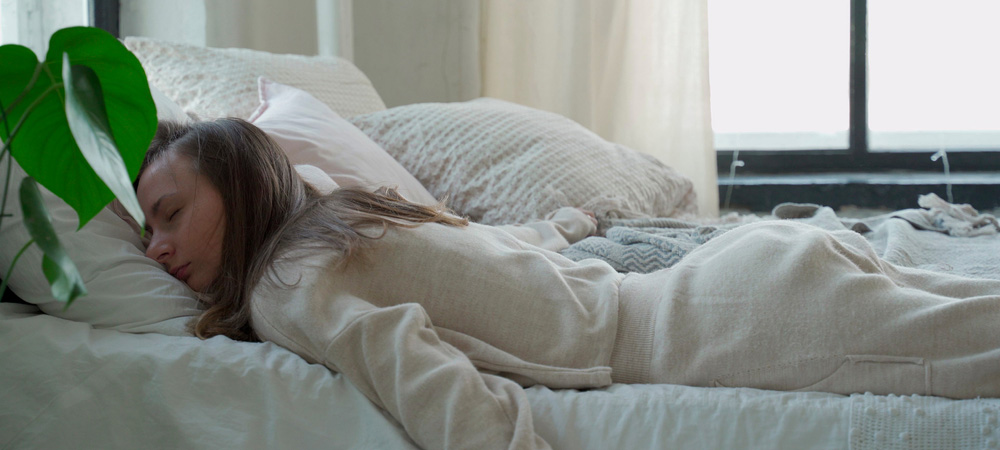
But what if it isn’t just occasionally? It isn’t seasonal, and it isn’t because you have just faced a major life event that has left you feeling sad? What if that is how you regularly feel periodically, or even constantly? What if there doesn’t seem to be any reason for it? And what if these low periods are punctuated by episodes of feeling high, manic, or impulsive?

Today we are much more aware of our mental health; and becoming better at expressing our emotions. We want to understand when someone we love says they are feeling anxious, stressed, overwhelmed, or depressed. But how can we tell when it isn’t simply someone feeling a bit low, but a case of depression? And what is bipolar disorder? And why do both conditions seem to be on the rise?
What is depression?
Affecting an estimated 300 million people globally, depression is the most common mental disorder. It is thought to affect roughly one in six people at some point in their lifetime, and according to the World Health Organization is one of the world’s leading causes of disability.
Depression comes in many guises and types; major depressive, bipolar, persistent depressive, post-partum, and seasonal affective disorder, to name just a few, and with symptoms ranging from relatively minor to severe. It hits indiscriminately and can have a negative influence in all areas of someone’s life – work, relationships, and physical wellbeing.

It can affect anyone, irrespective of age, race, or social class, and it can materialise at any time. Some people may suffer a depressive incident once, possibly as a response to a life-changing event or illness. Others may struggle with crippling depression throughout their lifetime.
Major depressive and bipolar disorder
Depression and bipolar are mood disorders. Because they share some of the same symptoms, they can, in some individuals, be confused. However, they are two distinct conditions that require different care methodologies, and it is important that they are treated as such.
Clinical depression, also known as major depressive disorder, is characterised by a continuous feeling of sadness. Persistent feelings of hopelessness, emptiness, and guilt. Changes in sleeping or eating habits, a loss or gain in weight, sleeping too much or too little, insomnia and chronic fatigue. A lack of interest in previously enjoyed pursuits and withdrawing from social interactions. Symptoms which in many cases destroy the ability to act and live normally and engage in everyday activities.
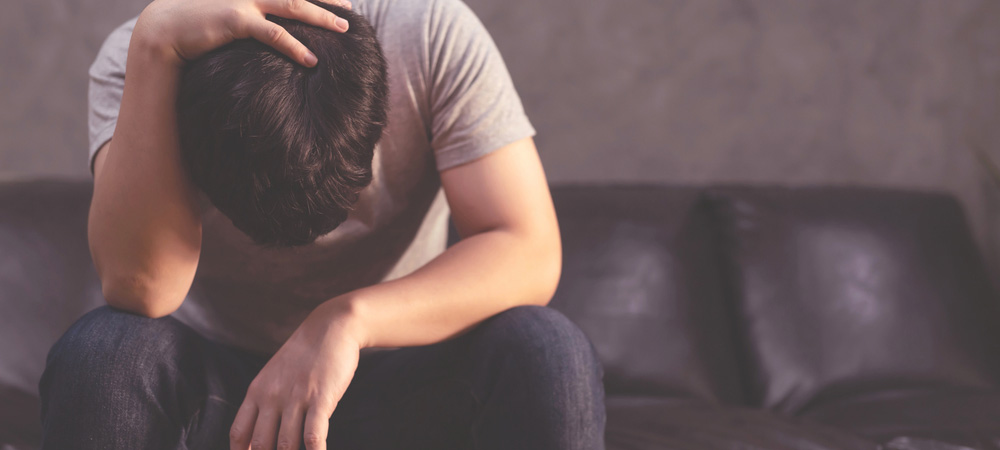
Dysthymia, now called persistent depressive disorder, is a milder form of long-term depression, which lasts at least 2 years. It has similar symptoms to major depression, but they’re less severe, with many sufferers (on the outside) able to continue to live normally, function at work, and even socialise.
Bipolar disorder, previously called manic depression, is distinguished by periods of mania or hypomania, where the individual experiences high energy, an elevated mood, difficulty concentrating, impulsive behaviour, is easily distracted, irritable, appears to need little or no sleep, and in some people incidences of psychosis. These periods may be interspersed with episodes of depression; with symptoms along similar lines to those experienced in major-depressive disorder, but not always.
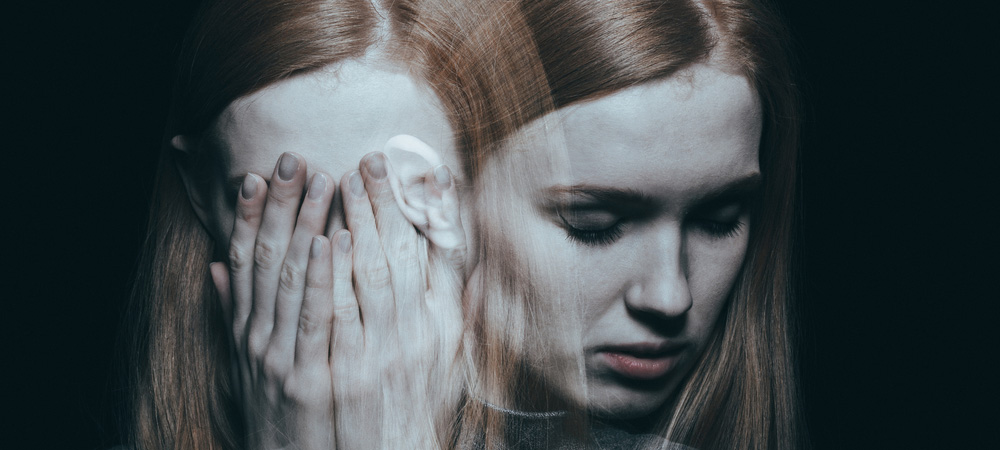
These conditions can be complicated by other co-occurring disorders, including ADHD (attention deficit hyperactivity), OCD (obsessive-compulsive), anxiety, panic, food, and substance use.
About 60% of people will suffer both anxiety and depression simultaneously, with one illness aggravating the other. It is estimated that individuals struggling with alcoholism are more than six times more likely to suffer from bipolar, and almost four times more likely to have major-depressive disorder.
Are reported cases of these disorders increasing?
Yes. Statistics from multiple sources, in various countries, have shown a steady increase over the last 10 years, with a massive growth in reported cases during 2020/21, which was linked to the effects of the pandemic.
Studies show that any major catastrophic event affects people psychologically, and the pandemic saw a marked increase in all types of mental health problems, including anxiety, substance abuse, addiction, and depression, which has continued to the present day.
A mood disorder or similar psychiatric condition can affect anyone, irrespective of age, race, or social class, and it can materialise at any time. Some people may suffer a mental health issue once, possibly as a response to a life changing event or illness. Others may struggle with crippling depression or anxiety throughout their lifetime.
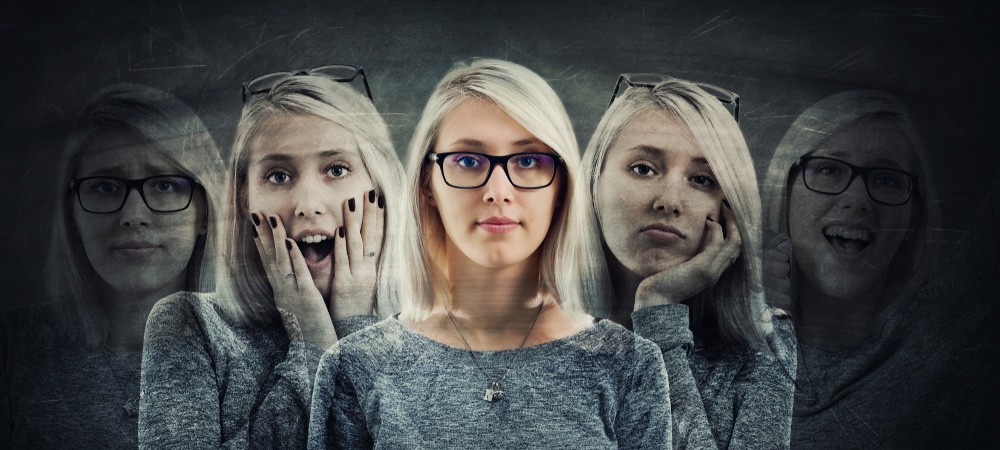
Depression itself is not a new condition. The terms “mania” and “melancholia” can be traced back to the ancient Greeks and Romans. There is evidence that points to them using lithium salt baths to calm down manic people and lift depressed people. (Today, lithium is a common treatment for people with bipolar disorder.)
It is thought that bipolar was first specified in 1854 by two French psychiatrists, Jules Baillarger and Jean-Pierre Falret, who both wrote articles in the French Imperial Academy of Medicine journal. The first detailing a ‘dual-form insanity’, a mental illness causing recurring fluctuations between mania and depression, the latter describing it as ‘circular insanity’, the disorder now known to be bipolar.
These ideas were further developed by German psychiatrist Emil Kraepelin, and then later by Carl Jung, whose distinction of bipolar I and bipolar II is still used in the DSM-IV. It was in the 1980s that we saw the disorder renamed from manic depression to bipolar, partly in a bid to try and reduce the judgement and stigma that accompanied the word(s) manic, and the associated term which referred to sufferers as “maniacs”.
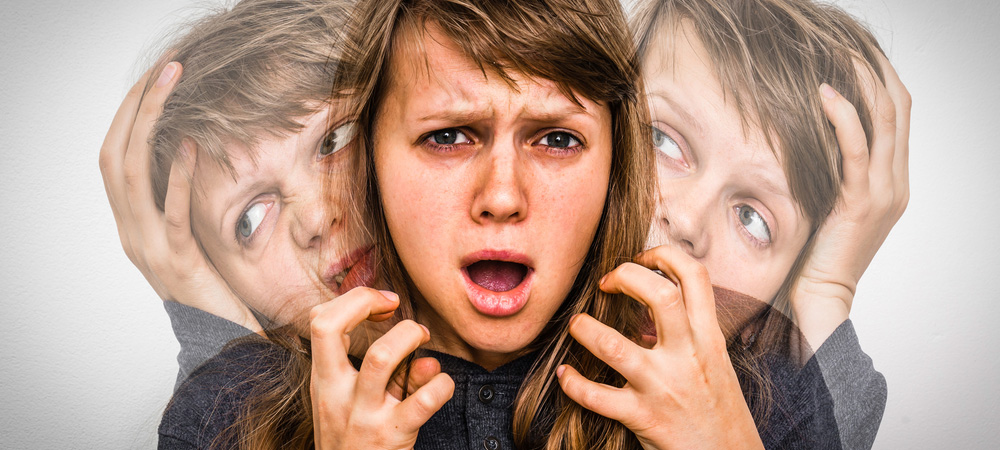
It is believed that depression is often the consequence of a combination of factors rather than one single reason. Genetics, emotions, and untenable situations, such as disaster, trauma, or abuse, will all play a part.
Modern society has also played a role in the growth of problems with mental health. We have a much more sedentary lifestyle. Sat watching TV, working all day on computers, playing computer games, or on our smartphones and tablets, all contributing towards inactivity, and often in isolation – which has had an impact on our psychological well-being.
This sedentary lifestyle has also meant a growth in physical health issues including obesity, heart problems, and diabetes. These illnesses in themselves can have an impact on mental wellbeing and be a contributing factor in the onset of depression and other disorders.
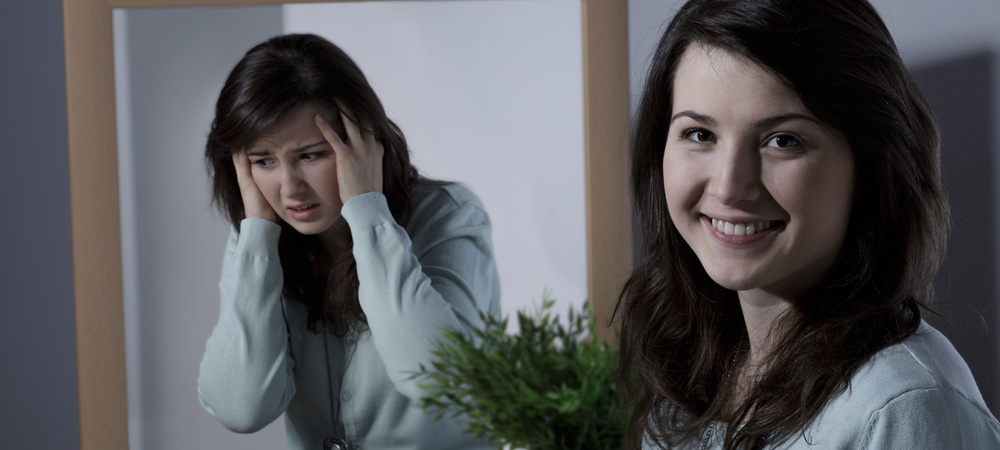
Depression and bipolar are both intrinsically linked with substance abuse. This is the chicken and egg situation. Some people will self-medicate with drugs and alcohol to block the symptoms and feelings associated with these disorders; and using substances can lead to these, and other mental health conditions developing.
If you, or someone you love, is showing signs of any mental health problems, it is worth speaking to a professional as soon as possible and getting a proper diagnosis. Depression, bipolar, anxiety and substance use disorder, along with other co-occurring and associated conditions are all treatable.
The sooner you get help, the sooner things can get better.

Rehab Clinic in Spain
Here at our luxury residential rehab centre, located on the beautiful Spanish island of Ibiza, we have a team of highly qualified staff that are experienced in a range of therapies, to assist with the treatment of depression and anxiety disorders. We are also able to offer transcranial magnetic stimulation (TMS) on-site as a part of our wider treatment program.
TMS is a non-invasive form of brain stimulation therapy that has proved effective in the treatment of neurological and mental health conditions such as depression and general anxiety disorder.
For information on all the therapies available here at our rehab centre in Spain, and details on admissions, contact [email protected]
Share this information, choose your platform!
Addiction to Prescription Stimulants
In the past several decades prescription stimulants have been increasingly prescribed by medical professionals to treat attention-deficit hyperactivity disorder (ADHD), narcolepsy and sometimes obesity. Some would argue that there has been an over–prescription of these ‘legal’ stimulants, endorsed by the …
The Holistic Approach to Recovery from Addiction
The basis of a holistic addiction treatment and rehabilitation service or the holistic approach to recovery from addiction, is to treat the suffering individual as the whole person they are. This may seem like a straight forward statement, but what …
Tips for staying safe and sober during the holidays
The holiday season is upon us, and what is a fun time for some – with parties and get-togethers – for others it can be difficult, fraught with emotion and expectation; and for those in recovery, it can be a …
Why building support systems is key in mental health and addiction recovery.
The phrase, and belief, that “the opposite of addiction is connection,” has been expressed in fellowship meetings, support groups, and encouraged by mental health and addiction specialists for many years. British journalist Johann Hari popularised the saying and highlighted the …






